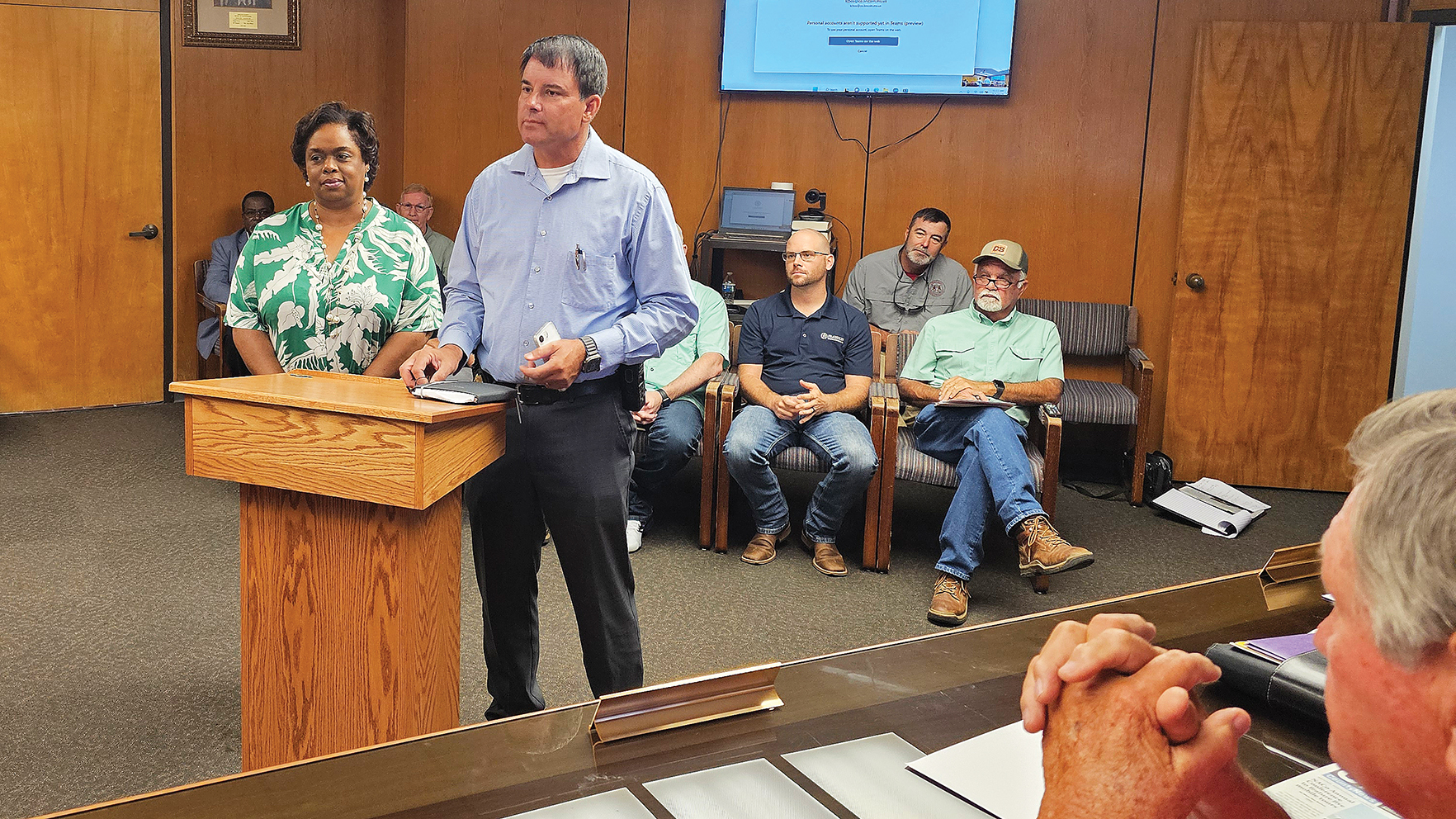States, communities need share of online sales taxes
Published 7:00 pm Sunday, December 11, 2011
Proposals to collect sales taxes on onlinepurchases have garnered a few headlines in recent days as Gov.Haley Barbour prepares to leave office and legislation to lift afederal moratorium on the practice lingers in Congress.
A 1992 U.S. Supreme Court ruling said businesses with no physicaladdress in a state did not have to collect sales tax on onlinepurchases. One major factor in the decision was the issue of myriadtax rates, jurisdictions and other issues.
Trending
Citing advances in technology, Barbour recently expressed supportfor a federal bill to allow states to collect sales taxes on onlineand catalog purchases.
The outgoing governor initially opposed the idea, but saidtechnology has advanced to the point that collecting the taxeswould not be a burden to online retailers. He also said changingthe law would level the playing field between big box retailers andsmall businesses.
Big versus small playing field issues aside, sales tax representsrevenue, and that remains the bottom line.
According to the Associated Press, the National Conference of StateLegislatures estimated that Mississippi and its municipalities willlose $300 million next year because of online retailers’ failure tocollect the state’s 7 percent sales tax.
Online consumers are supposed to pay the sales tax as a use tax ontheir income tax returns, but few do. And it’s reasonable to assumethe state does not have the manpower to check returns in an effortto collect the owed taxes.
While curbing spending is certainly an option, that $300 million inlost online sales taxes could be put to good use by the state andits municipalities.
Trending
Instead of being able to use revenue that is rightly owed themhowever, state and local leaders must look elsewhere to come upwith needed money for street maintenance, police and fireprotection and a variety of other services.
The easiest alternative source of funds is property tax increases,which puts an unfair burden on property owners who are asked thento pay a disproportionate share for services utilized by allcitizens. Hikes in service-related fees, like building permits orinspections, also have to be considered.
Shopping online also deprives small merchants, who help support thelocal economy, of sales that can keep them in business. The losttax revenue impact is heightened when those merchants then have tocut their labor force, take other cost-saving measures, or simplygo out of business because they can no longer compete. When a localbusiness closes, the whole community suffers.
While many online shoppers enjoy the benefit for not paying salestax, all of us – in some form or fashion – are helping to pick upthe tab in lost revenue at the state and local level. That unfairburden can be corrected by making online retailers collect salestax and return these dollars to us here at home.





